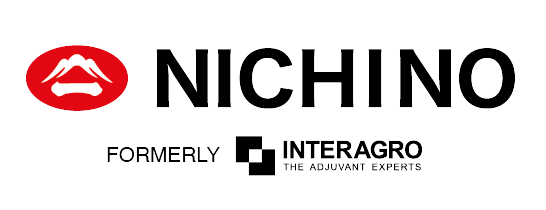For Keith Challen at Belvoir Farming Company, Zonda offers a valuable insurance policy to help protect the genetic yield potential of crops.
Keith Challen, farms director for Belvoir Farming Company, has 1130ha of cropping on predominantly heavy clays. Crops include winter wheat, winter OSR, spring barley, spring wheat, winter beans and spring beans. The farm is also renowned for its organic elders which go into the farms Belvoir drinks business. Keith has used seaweed products in the past but found them to be inconsistent. He was first introduced to amino acid biostimulants on a trip to the USA and after researching them on his return, he decided to trial Bridgeway on the farm in 2017 on his Elders and Marston Winter Wheat. With good vigour in the Elders and an increase in Wheat yield of 0.4 t/ha, Keith made the decision to adopt its use across his acreage in 2018.
Keith believes biostimulants offer an insurance policy to help protect the genetic yield potential of crops. For him, it’s a natural progression to make use of a technology which helps protect yield while providing a healthy MOC of £40/ha in his trials.
“There’s no silver bullet to do this, we need to use all the tools we have available to protect yield. Stress is certain, it’s something crops have to deal with all of the time to varying degrees, even crop protection products will stress crops, so anything that helps alleviate stress will end up in yield.”
“I see using Bridgeway or Zonda as an investment in the crop. If you can improve plant health, then crops are better able to take up fungicides and fertilisers. Healthy crops are more able to fight diseases and they can also photosynthesise better so you get better value for money from inputs.”
Bridgeway and Zonda have an important role to play on the farm when it comes to crop nutrition. “Having spent many years of paying close attention to soil health and balancing soil indices, we’ve found that our crops are showing nutrient deficiencies when we tissue test, indicating many of the elements which are plentiful in the soil aren’t readily available to plants on our soils which are very high in K, Mg and Ca.”
In 2018, Keith applied Zonda to his wheat T0 and T1 timings. He noticed that where crops had received Zonda they didn’t show any tipping after the second dose of liquid nitrogen was applied.
“We’re always careful not to apply liquid N after a windy period when leaves may have rubbed together and dewaxed. This year we got tipping in fields that hadn’t received Zonda so it makes me wonder whether the Zonda helped crops retain wax on their leaves where it was applied.”
Some untreated strips were left in variety Graham to quantify the benefit of applying Zonda. There was a 0.97t/ha yield benefit from using 2.0 L/ha at T0 and T1, which at a wheat price of £165/t gives a value of £160/ha, less the cost of the Zonda.
Zonda has an important role to play. I see Zonda as a investment in the crop by improving plant health. Where Zonda was applied, we didn't see any signs of tipping after the second dose of liquid fertiliser was applied. We applied Zonda at T0 and T1 in Winter Wheat (Graham) and got a 0.97 t/ha yield benefit, which at a wheat price of £165/t, gave us a value of £160/ha less the cost of the Zonda.
Keith Challen, Farm Director, Belvoir Farming Company







